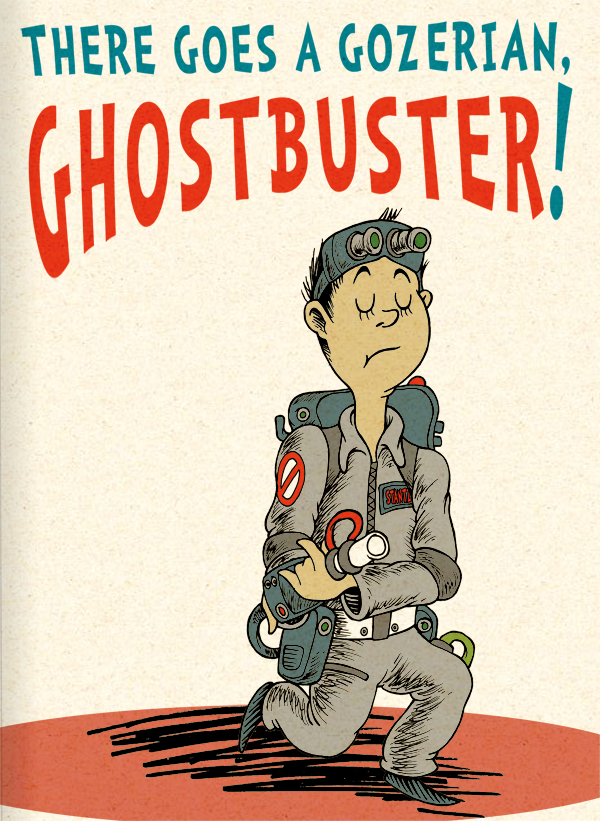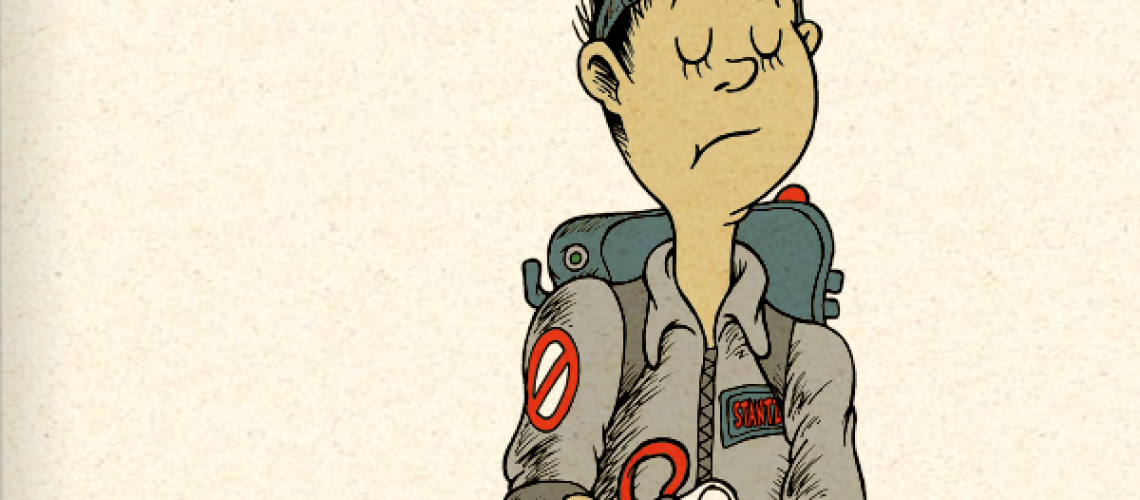“You will never have enough of something you don’t want in the first place.”
–Aniela Gregorek
Years ago I heard the story of the Hungry Ghost. To simplify the tale – there is a creature that exists with a thin throat and a big belly, and no matter how much food it eats or how fast it goes down, it never becomes satisfied. The Hungry Ghost is a concept representing beings driven by intense, animalistic emotional needs: desire, greed, anger, and ignorance. These states affect the soul, transforming it into a Hungry Ghost whose motives are low and impure. The way we feed the Hungry Ghost may vary. You might shop to consume what you don’t need, never having enough, or keep yourself “busy” without any sense of purpose as to why.

The image of this creature has always remained in my mind, and it amplifies the emotional pain I’m experiencing whenever I do something that causes me to suffer. And what this could be, you might ask? These are all the things that are against my principles of who I believe am and who I would like to become – a better version of myself. I would like to focus on one that became the cause of suffering in the contemporary world: overeating.
If I eat more than I need, my soulful part is in emotional turmoil—I lose my tranquility, my happiness in life. That is the emotional side, but there are also intellectual and physical consequences of overeating. Intellectually I know I should only eat enough for the well-being of both my body and the planet; waste is damaging to the individual and the greater world. Physically my organs don’t feel good when I overeat; I’m sluggish and foggy. Another indication to stop myself is the number on the scale.
Conditions on the outside will never change—there will always be parties, stores filled with goodies, books, articles and t.v. shows that try to seduce you with food. All these things feed the Hungry Ghost, and the black masters know human nature and manipulate people with sophisticated methods so it seems like they’ve chosen for themselves.
The results of overeating are so devastating that many cultures have addressed it by implanting in their religion the message that it is wrong: in the Judeo-Christian tradition one of the deadly sins as gluttony. Even though the powerful message is there coming from sages we still cannot stop eating. So if religion isn’t helpful, how we can help ourselves?
We created a Standard of Ideal Body Weight within The Happy Body so people can know exactly where the ideal place is for them. Once you know, you can relax and focus on other things. The desire has to come from within: Our duty to the body is to keep it physically in good health so our minds can be as well.
So who is the Hungry Ghost really? It’s the part of us that’s out of control. As Dr. Seuss said:
You have brains in your head.
You have feet in your shoes.
You can steer yourself in any direction you choose.
You’re on your own
and you know what you know.
And you are the guy who’ll decide where you’ll go.

DEEPER CONTEMPLATION
If the Hungry Ghost is the part of us that will never be satisfied, is it better to deny it or face it? Are you up for a challenge? Why don’t you have a tea party (preferably with Marco Polo, our favorite tea) with your Hungry Ghost and ask it what it wants. Can you pinpoint what it is in your life that you don’t have enough of? What happens if you look deeper?
Leave your response below in the comments.


